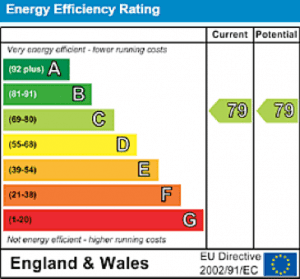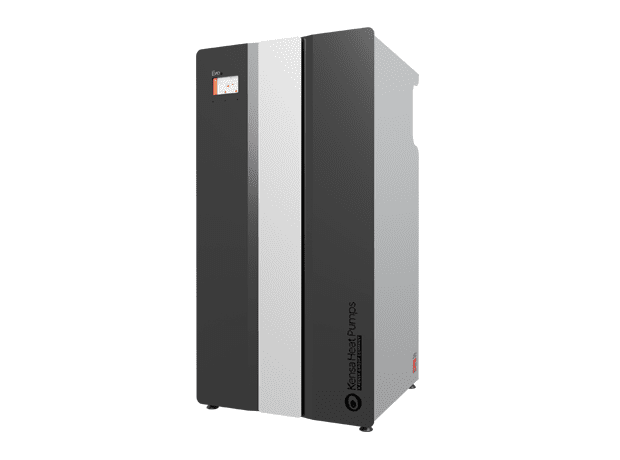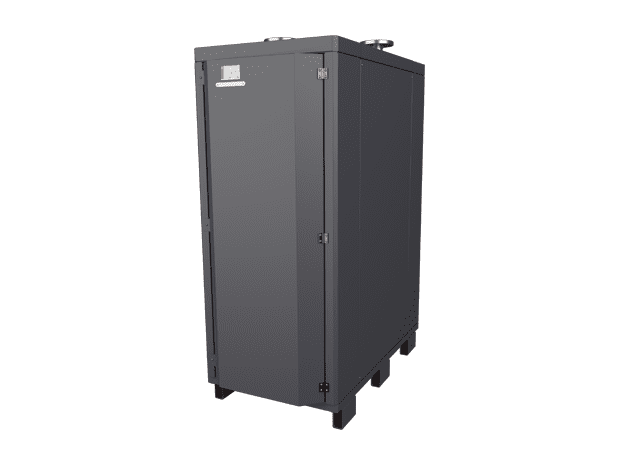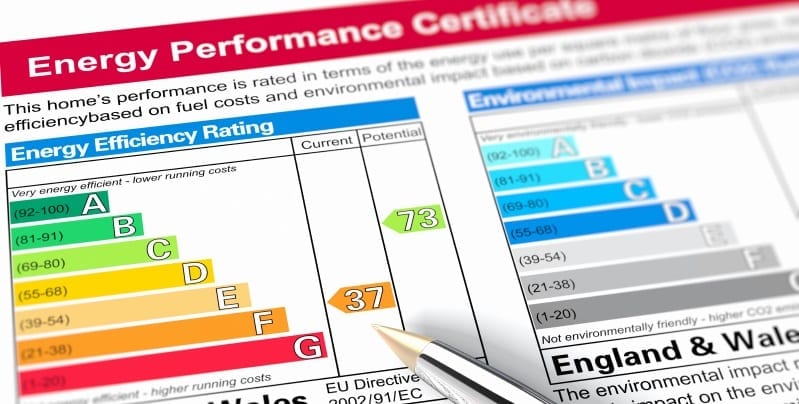Understanding MCS


In October 2017 the MCS standard MIS3005 ‘Requirements for MCS Contractors undertaking the Supply, Design, Installation, Set to Work, Commissioning and Handover of Microgeneration Heat Pump Systems’ was updated.
The update includes a number of changes which will affect a heat pump project. This blog discuss the two main changes for homeowners and installers following the October updates, which are:
- A standard Performance Estimate is now required to produce an MCS quote; and,
- A room-by-room heat loss to BS EN 12831 is not needed until an order for a heat pump product has been placed.
Standard Performance Estimate
The standard Performance Estimate will detail the expected running costs of the heat pump system and estimated RHI* returns, and should be consistent no matter which installer is used. This will give a potential consumer an estimate of heat pump running costs compared to their existing heating system as well as estimated RHI* income and likely capital cost. All MCS Contractors will use the same format, providing clarity and comparability for the consumer.
To obtain this information and in order to produce an MCS compliant quote, the installer should obtain a copy of the property’s Energy Performance Certificate (EPC) (or SAP in the case of new builds). Ideally the EPC should be provided by the house holder, or if the current lodged EPC is valid, downloaded from the EPC register.
Only one EPC should be used by any and all MCS contractors quoting for the project. It is preferred that the certificate is provided by an independent surveyor, but if it is provided by one of the prospective MCS contractors quoting, it must be made available without charge to all other contractors involved.
Ideally, fuel prices used in the Performance Estimate should be taken from recent actual bills for the property (if existing). Electricity tariffs should not include the standing charge element, unless it is intended that the ground source heat pump is going to be the only electricity consuming device in the building.
Energy Performance Certificate (EPC)


The energy loads quoted in the Performance Estimate should only be used to calculate running costs and estimated RHI* payments – they should not be used to size the heat pump. An appropriate whole house sizing method should be used, followed up with a room by room heat loss to BS EN 12831.
This is the methodology used by Kensa Heat Pumps who, if necessary, can oversee and certify an installation to be compliant using their MCS Umbrella scheme. Under the scheme Kensa takes responsibility for the sizing, specification, appropriate quotation, commissioning and MCS registration of the ground source heat pump system.
Room-by-room heat losses
The other major change is that a room-by-room heat loss to BS EN 12831 is no longer required before a MCS compliant quote can be produced, although this calculation is still required once the order has been placed.
Any changes to the heat pump size caused by a more accurate sizing method being used or a change in operating temperature, should trigger a new Performance Estimate to be produced and, if needed, a variation of contract.
*Please note, the RHI scheme has now closed – please visit this page to explore other funding.







